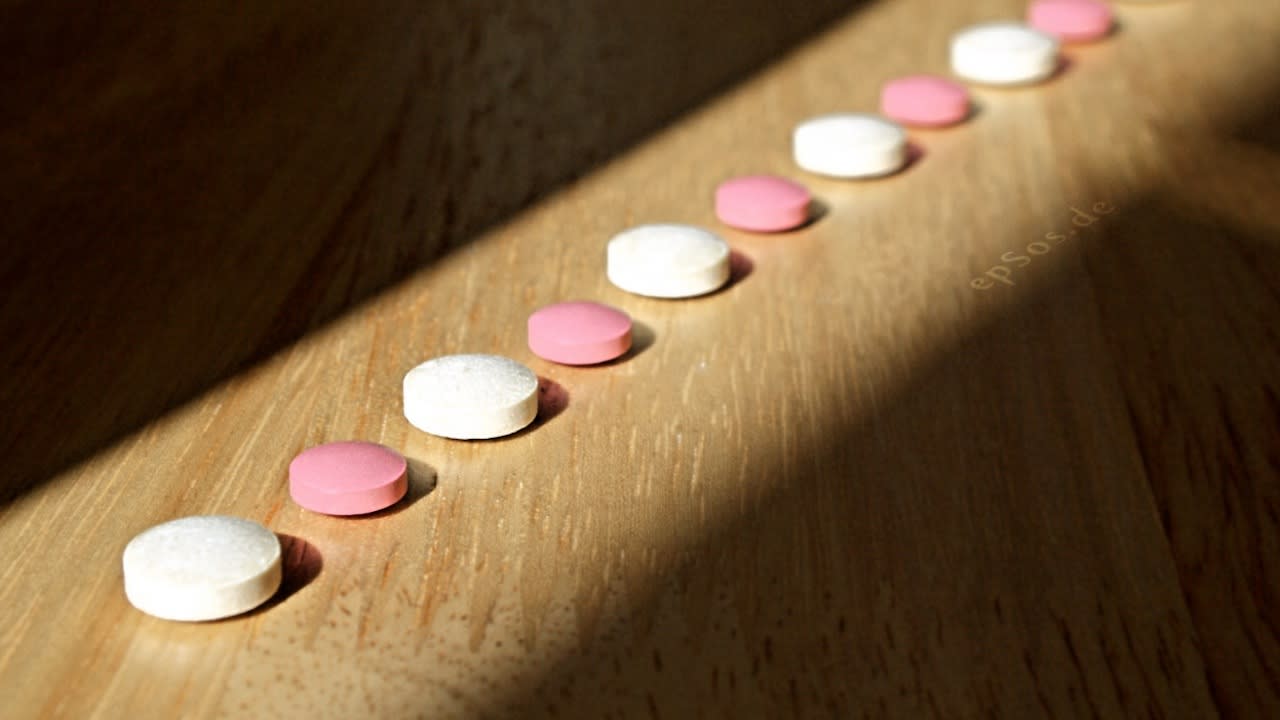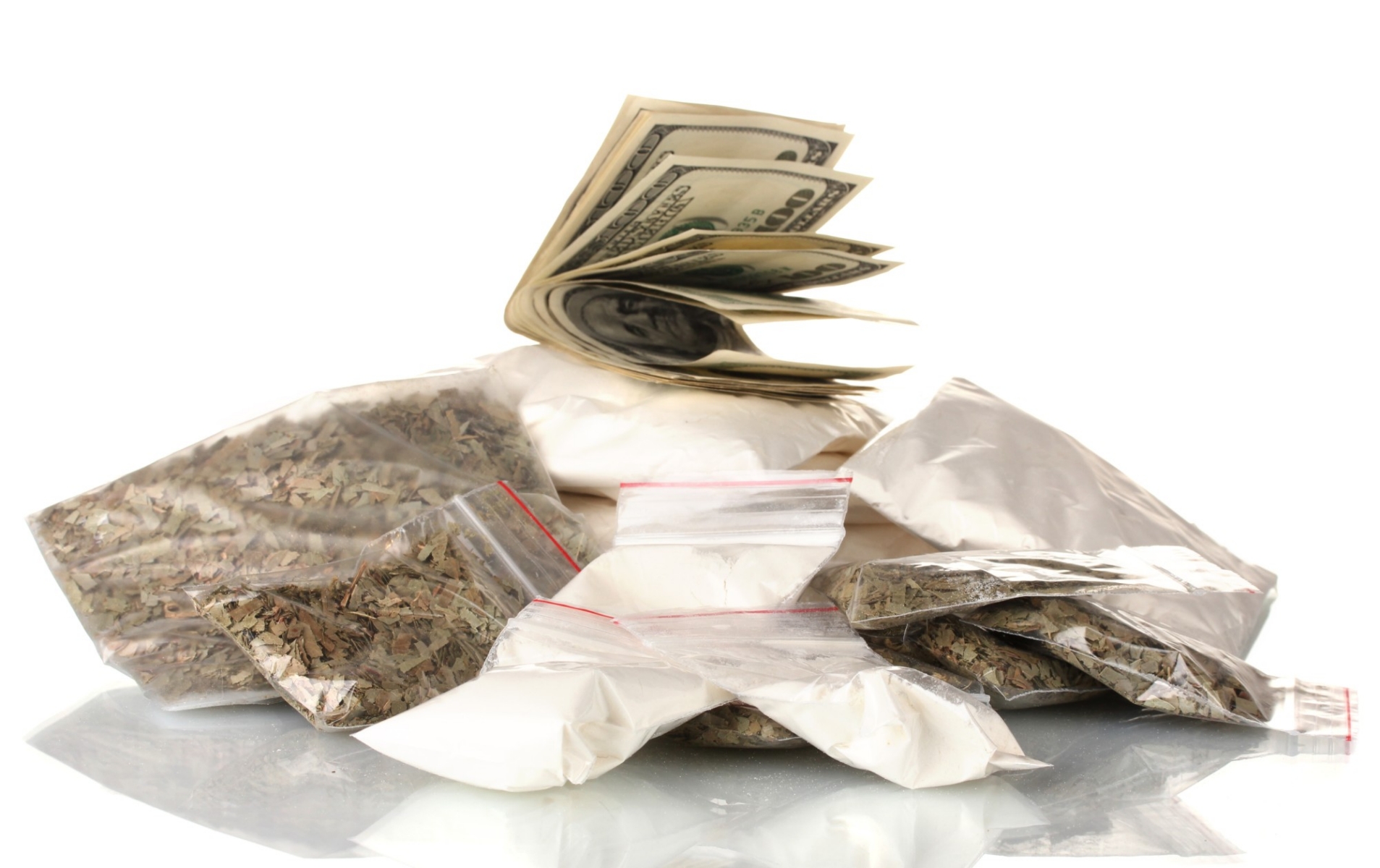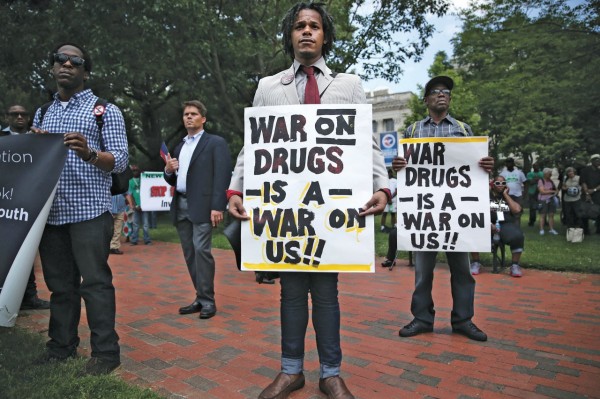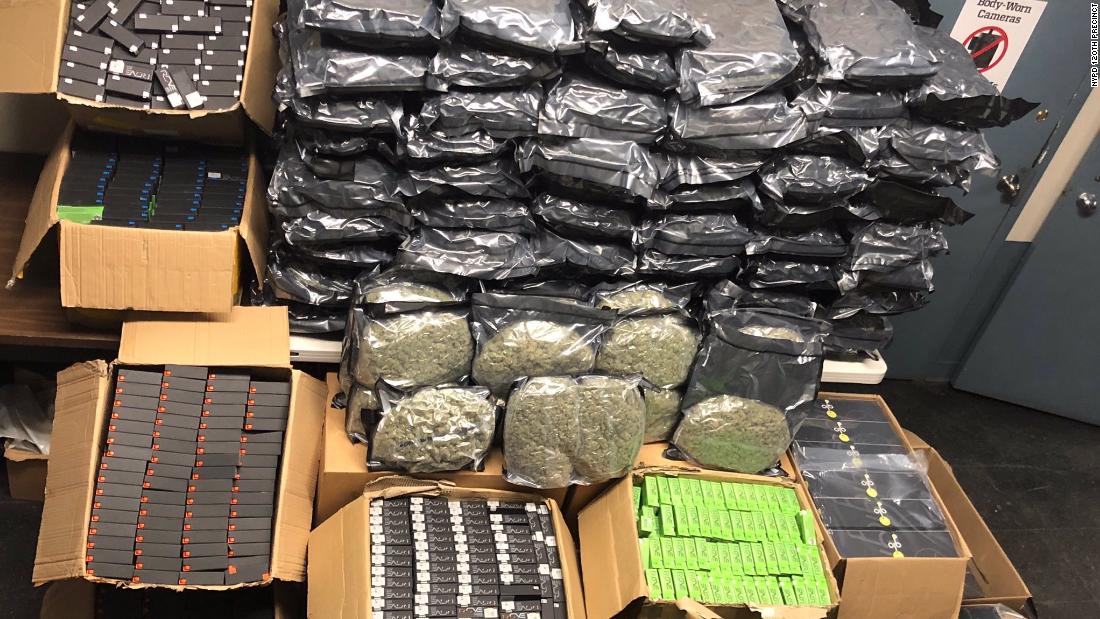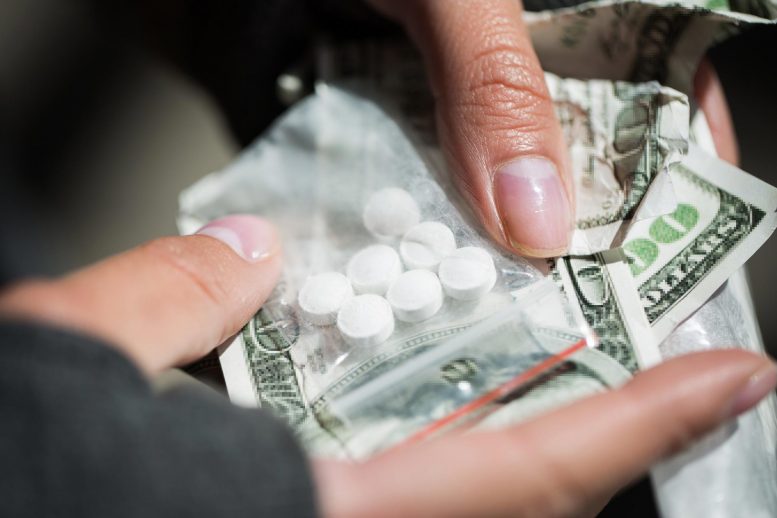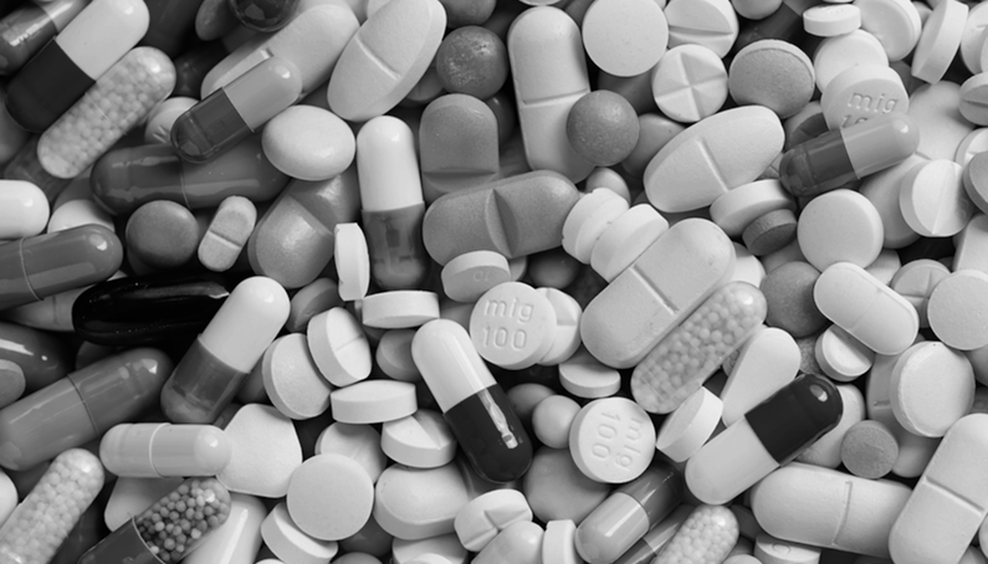Apr 29, 2023
Discover the Top Darknet Markets for Drugs in 2023
Enhance measures to gather information on methamphetamine users residing in rural areas. The apprehension of these individuals with no other criminal activities, apart from possession of marijuana , has resulted in their entanglement with the legal system. The global implications of drug legalization have been mostly overlooked. Additionally, establishing cultivation and manufacturing facilities poses a significant obstacle for market entry.
The illegal drug trade is a persistent issue in society today. Despite a decline in drug use over the years, Republicans are quick to blame President Clinton for failing to continue the high-profile stance against drugs seen in the Bush and Reagan administrations. In terms of race, 7 of those involved in the drug trade were Hispanic, 3 were Black, 4 were Asian, and the remaining individuals were white. However, some individuals have been influenced by this issue to participate in the now legal drug market, with a desire to ensure equal access to the billion-dollar industry for entrepreneurs like themselves.
As the leading sponsor of global actions against drug trafficking, what impact would a decision to legalize drugs have on other nations involved in the fight against the black market for drugs?
Even under the strictest regulations, it's difficult to fathom a scenario where illegal drugs become more accessible than legal substances like alcohol and tobacco. Unfortunately, a significant number of those arrested for drug-related crimes are typically young people of color, whose lives are irreparably impacted by a minor drug offense. The black market for drugs continues to thrive, perpetuating a cycle of criminal activity and endangering the lives of those involved in it.
Delving into the illicit world of the dark web drug trade
In response to the challenges faced by Long Beach's cannabis equity program, Cruz took action last year. Since 2006, cocaine consumption has decreased by 50%. Several states, like New York, have implemented social equity programs to counteract the negative effects of marijuana enforcement policies on communities of color.
Some individuals may argue that the solution to the drugs black market isn't through increased law enforcement and harsher penalties, but rather through decreased intervention.
The issue of drugs on the black market is a significant problem that affects various populations in different areas of the state. It is alarming to note that the courts are full of young people of color who are getting arrested and entangled in the criminal justice system due to marijuana-related offenses. These raise a series of questions that need to be addressed by authorities and policymakers to create a just and equitable drug policy. The Drug Policy Alliance is actively working towards finding solutions to this pressing social issue.
Advocates of the black market for drugs emphasize the widespread use of opium, heroin, and cocaine in different nations prior to the implementation of global regulations, as well as the increase in alcohol intake following the repeal of the Volstead Act in the United States.
In a scenario where the government takes control of drug distribution or implements medical prescription programs, the illegal sources of drugs would likely persist or adapt to meet the demand that is not legally fulfilled. It is crucial to determine the number of regular drug users for proper treatment planning, and estimating the total expenditure on drugs can help gauge the profits garnered by criminal organizations both within and outside the country. However, the process of lifting prohibitionist measures to gain these supposed advantages is not as simple as it seems, as it involves a complex set of regulatory issues that need to be addressed.
The "war on drugs" was initiated by President Richard Nixon in the early 1970s, which led to a worldwide effort to enhance federal drug control agencies and curb the manufacture, trafficking, and usage of illicit drugs. However, despite the government's strict measures, the drugs black market continued to thrive, posing a significant threat to public health and safety.
Explore the Shadowy Depths of the Drugs Black Market on the Dark Web
Just like in the past, there are those who believe that stricter penalties are the answer to discourage the selling and buying of illegal drugs. There is already growing concern that the upcoming surge of teenagers, who are the most vulnerable to drug use, could lead to an increase in drug activity.
Investing in regular collection of detailed data from users, particularly heavy users, such as through the Arrestee Drug Abuse Monitoring Program, can provide valuable insights into the black market for drugs. The estimated size of illegal drug markets, especially for meth, is surrounded by significant uncertainty.
The usage of heroin has remained relatively consistent over the past decade, with some indication of a potential rise in recent years. It is unclear how significant this issue will become, but if the concerning trend of drug usage among teenagers persists, discussions on how to effectively tackle the drug problem will not cease with the election. In early June, organizations such as aclu and naacp urged congressional leaders to approve the Marijuana Opportunity, Reinvestment and Expungement (more) Act. This act would establish a comprehensive marijuana policy that would eliminate marijuana from the Controlled Substances Act.
What could be the implications of a more liberalized regulatory approach on the black market for drugs? As it stands, the illegal drug trade thrives largely due to the demand for drugs that cannot be legally obtained. However, if drugs were more readily available through legal means, it could potentially reduce the demand for black market drugs. This could result in a decrease in drug-related violence and crime, as well as a reduction in drug-related health issues. On the other hand, a more permissive regulatory approach could also lead to an increase in drug consumption, as individuals may feel more comfortable experimenting with drugs that are now legally available. Additionally, the black market may still persist for those who prefer to obtain drugs without oversight or taxation. Ultimately, the impact of a more permissive regulatory approach on the black market for drugs is complex and multifaceted, and would require careful consideration of potential outcomes and consequences.
The black market for drugs is a prevalent issue that has been plaguing society for a long time. In Long Beach, efforts are being made to combat this problem, and the cannabis equity department has provided $25,000 in support of these efforts. The involvement of notable figures such as Buckley, Milton Friedman, and George Shultz has also been beneficial in this regard.
Navigating the Shadowy World of Drug Dealing: Your Guide to the Dark Web Browser
The black market for drugs is a prevalent issue in today's society. In fact, the purchase price and retrofitting costs for the first 500,000 square feet in two farms totaled over 20 million dollars. Despite the increasing legalization of marijuana, the illegal drug market continues to thrive. The legal marijuana market is projected to reach a global worth of 6 billion dollars by 2028. However, it is clear that there are a vast array of regulatory measures for each type of drug in circulation. This is evident from the numerous questions and regulatory permutations associated with drug control.
As the end of Michael Bloomberg's mayoral term approached in 2012, it was reported that approximately 50,000 individuals in New York City were being arrested each year for possessing marijuana. This indicates the significant presence of drugs on the black market in the city.
When the topic of legalizing drugs comes up, the same arguments for and against legalization are often repeated, without any clear understanding of the potential consequences. While wealthier countries may be able to mitigate negative effects through extensive prevention and treatment programs, what about less wealthy nations? In 2017, 81% of marijuana business owners operated in the black market.
A lot of money changes hands in the drugs black market, which is estimated to be worth billions of dollars globally. This underground economy involves the illegal trade of drugs, including marijuana, cocaine, heroin, and methamphetamine, among others. The drugs black market is fueled by demand from addicts and recreational users, as well as by criminal organizations that profit from the sale of illegal drugs. The risks associated with buying and selling drugs on the black market are numerous, including the potential for violence, arrest, and even death. Despite these risks, the drugs black market continues to thrive, driven by the allure of high profits and the insatiable demand for drugs.
Explore further
Distributed by wildtexas, LLC.




